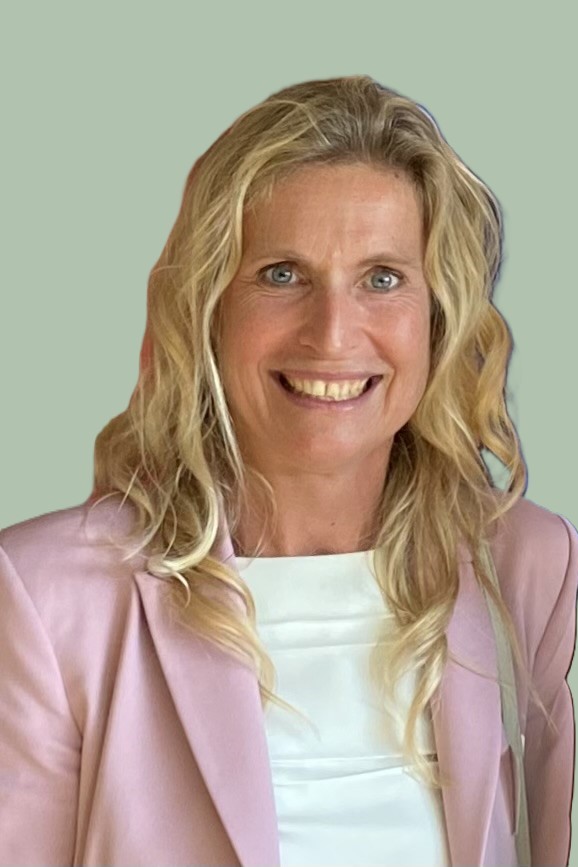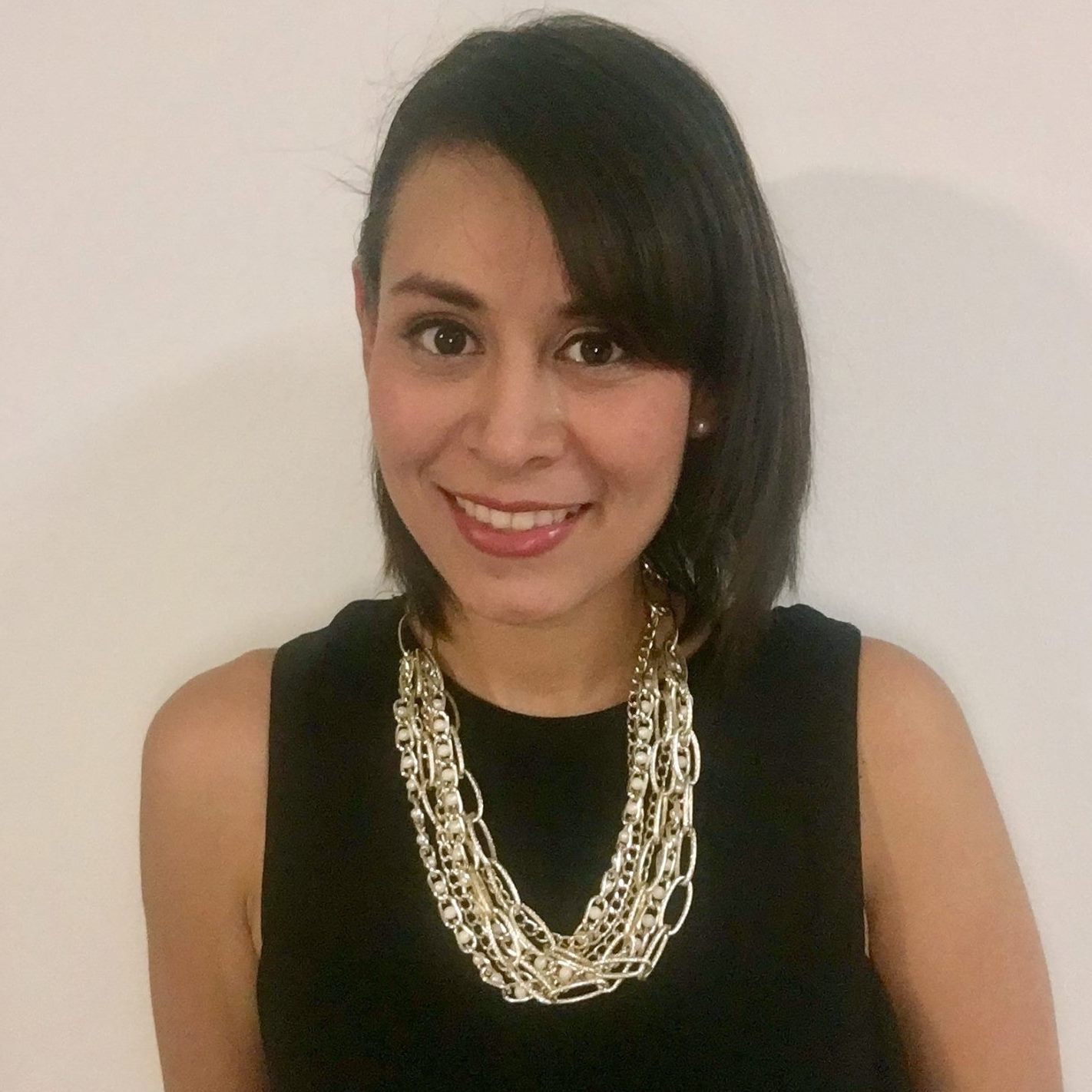SYMPOSIUM: Supporting inclusive governance for sustainable democracy to celebrate 10 years of the European Day of Solidarity between generations

No model of democratic governance can be inclusive and sustainable without ensuring dialogue and solidarity between generations. To mark the 10th anniversary of the European Day of Solidarity between Generations, and highlight their respective commitments to promote solidarity between generations, the European Seniors’ Union and the Office of International IDEA to the EU organized a Symposium on, “Supporting inclusive governance for sustainable democracy, to celebrate 10 years of the European Day of Solidarity between Generations”, in Brussels on 24 April 2018. Bringing generations back to political processes, exchanging visions of how solidarity among generations can be promoted, sharing of innovative mechanisms and good examples from practice, and the importance of setting political priorities for the 2019 European elections, were among the main matters discussed during the event.
To read the full event report, click here.
Intergenerational solidarity as a key enabler for inclusive political, social and economic development
Andrew Bradley, Director and Head of the Office of International IDEA to the European Union, opened the Symposium by welcoming the participants and providing views on the wider scope of intergenerational solidarity, and calling on European political parties to incorporate this value in party election manifestos for 2019. “We need improved dialogue and solidarity due to the increasing number of seniors in Europe, and related impact on economy and social systems”, said An Hermans, President of the European Seniors’ Union (ESU). Daily life experiences and ESU engagement have led to more awareness of intergenerational challenges, and therefore she proposed a new vision on ageing, and adjustments to policies that would value qualities inherent to older generations, for the benefit of all citizens.
With the Keynote Address, Marianne Thyssen, European Commissioner for Employment, Social Affairs, Skills and Labour Mobility, set the stage for the ensuing discussion by providing an overview of demographic and economic challenges. The European Commission developed the European Pillar of Social Rights, comprising a framework of 20 rights and social values, including inclusive access to social protection, fair working conditions for all, and equal opportunities. To promote more inclusive participation of all in society, the European Commission recently proposed the European Accessibility Act, a New Skills Agenda for Europe, and a Directive on Work Life Balance. The Commissioner said that the challenge is to reshape Europe, and prepare it for future generations—an objective that must be shaped by solidarity. The full text of the Keynote Address can be consulted here.
Mechanisms to booster political participation of young people and older generations
Andrianos Giannou, President of the Youth of the European People´s Party (EPP), and Didrik de Schaetzen, Head of Communications of the Alliance of Liberals and Democrats for Europe (ALDE) Party, presented political perspectives and insights to their respective work on youth inclusion, participation and representation. The Symposium programme continued with a panel discussion on,“Involving generations in dialogue for democracy and European intergenerational solidarity”, with panellists, Tom Vandenkendelaere, Member of the European Parliament, Julia Krebs, Member of the European Student´s Forum (AEGEE Europe) and Election Mission Adviser at AEGEE Election Observation, Mathilde Poncelet, Head of Public Relations and Communications of JA Europe, Alec de Laminne de Bex, Mentor at DUO for a Job, and Julie Bodson, Advocacy Coordinator at DUO for a Job. Andrew Bradley acted as moderator, and invited panellists to reflect on a new intergenerational vision for Europe that will maximize the participation of young people, tap the experiences of elder people, and esnure intergenerational dialogue.
Tom Vandenkendelaere invited all participants to start reflecting on how to put intergenerational solidarity into practice in their daily lives, as it is not only about pensions and the future of healthcare, but also about changing mind-sets and practicing solidarity on a daily basis. As a strong enabler, digital literacy should be promoted and achieved for all. A genuine debate on how to do this should take place among generations, and lead to more inclusive political participation and representation.
Panellists discussed the need to create new mechanisms to enhance youth participation in elections, and a more suitable practical involvement of young people in democratic processes and the labour market. The European Citizens Initiative and the Lifelong Learning Platform are useful vehicles to express concerns of young people and students throughout Europe. A number of initiatives already incorporate forms of intergenerational dialogue, such as Leaders for a Day, an initiative implemented by JA Europe, and DUO for a Job, which brings together talented young people and senior professionals for intergenerational and intercultural coaching.
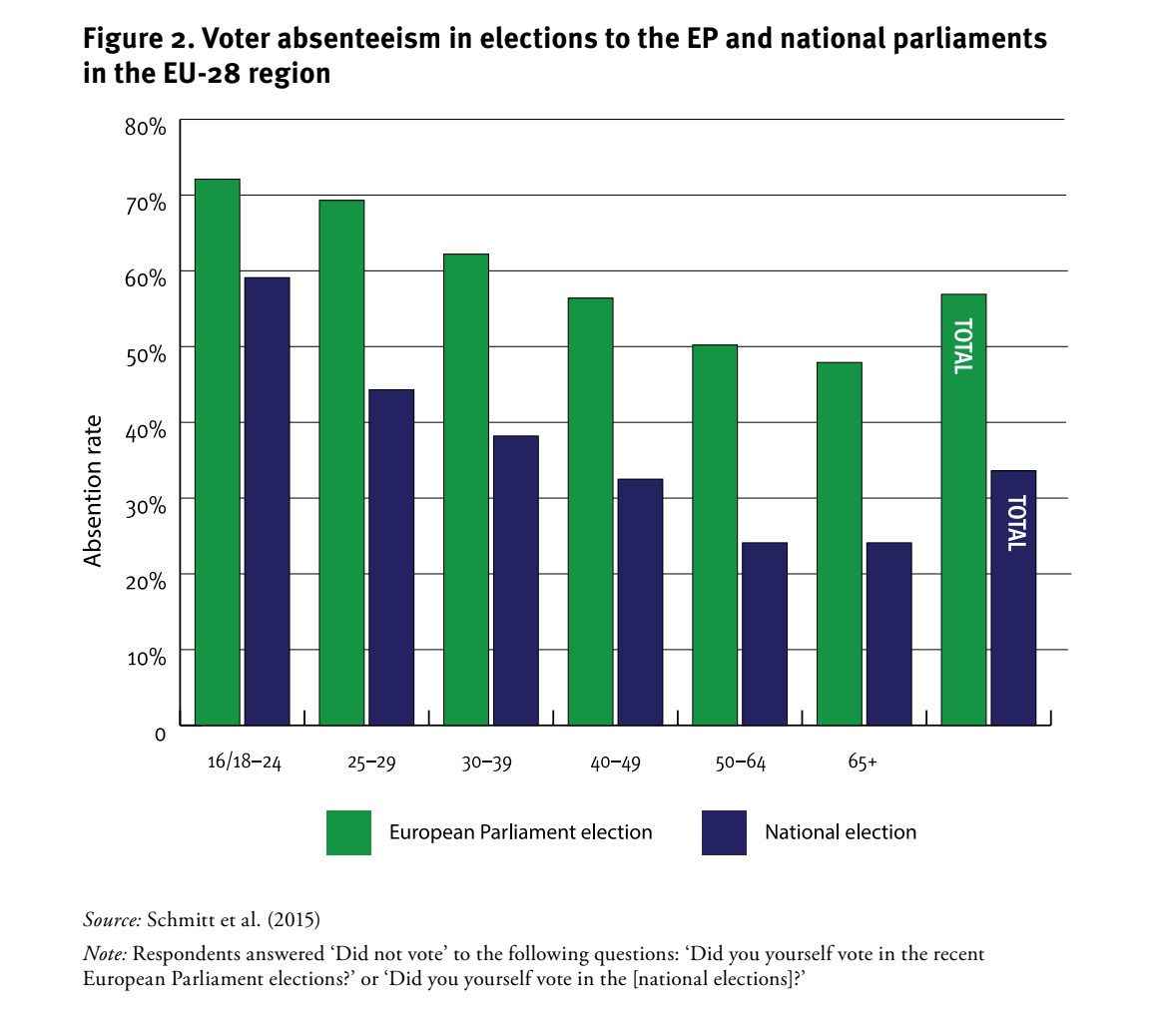
Intergenerational solidarity and the 2030 Agenda for Sustainable Development
Anne-Sophie Parent, Secretary-General of AGE Platform Europe, closed the Symposium by commemorating the inclusive pioneering talks that led, 10 years ago, to the declaration of the European Day for Solidarity between Generations by the Slovenian Council Presidency. “It is time to think about a society in which age difference does not matter anymore”, she mentioned, and pointed at the barriers that still hinder the promotion of intergenerational solidarity, such as policies based on age limits, gender-related obstacles, and youth unemployment. The Secretary-General said that the concept of intergenerational fairness needs to be understood at the EU institutional level to promote intergenerational awareness in law-making.
In line with the 2030 Agenda for Sustainable Development and the global objective of leaving “no one behind”, EU Institutions and other stakeholders need to find ways to combine the resources and skills of all generations to create better opportunities. Anne-sophie Parent emphasized that more solidarity can be achieved by encouraging the transfer of skills among generations, and promoting dialogue to break down existing barriers.
In the framework of its programme on, “Intergenerational Dialogue for Democracy”, the Office of International IDEA to the EU has implemented initiatives to provide practical advice for policy formulations that could help establish a new solidarity between generations. On various occasions, the Office could count on the collaboration of the European Senior’s Union and other partners to build on the programme, and raise the importance of the topic in the EU policy agenda.
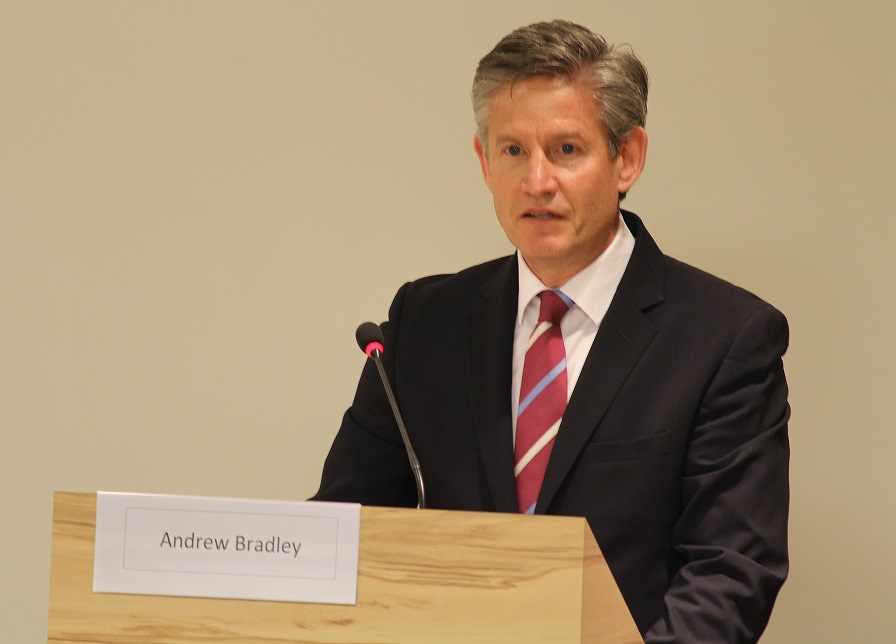
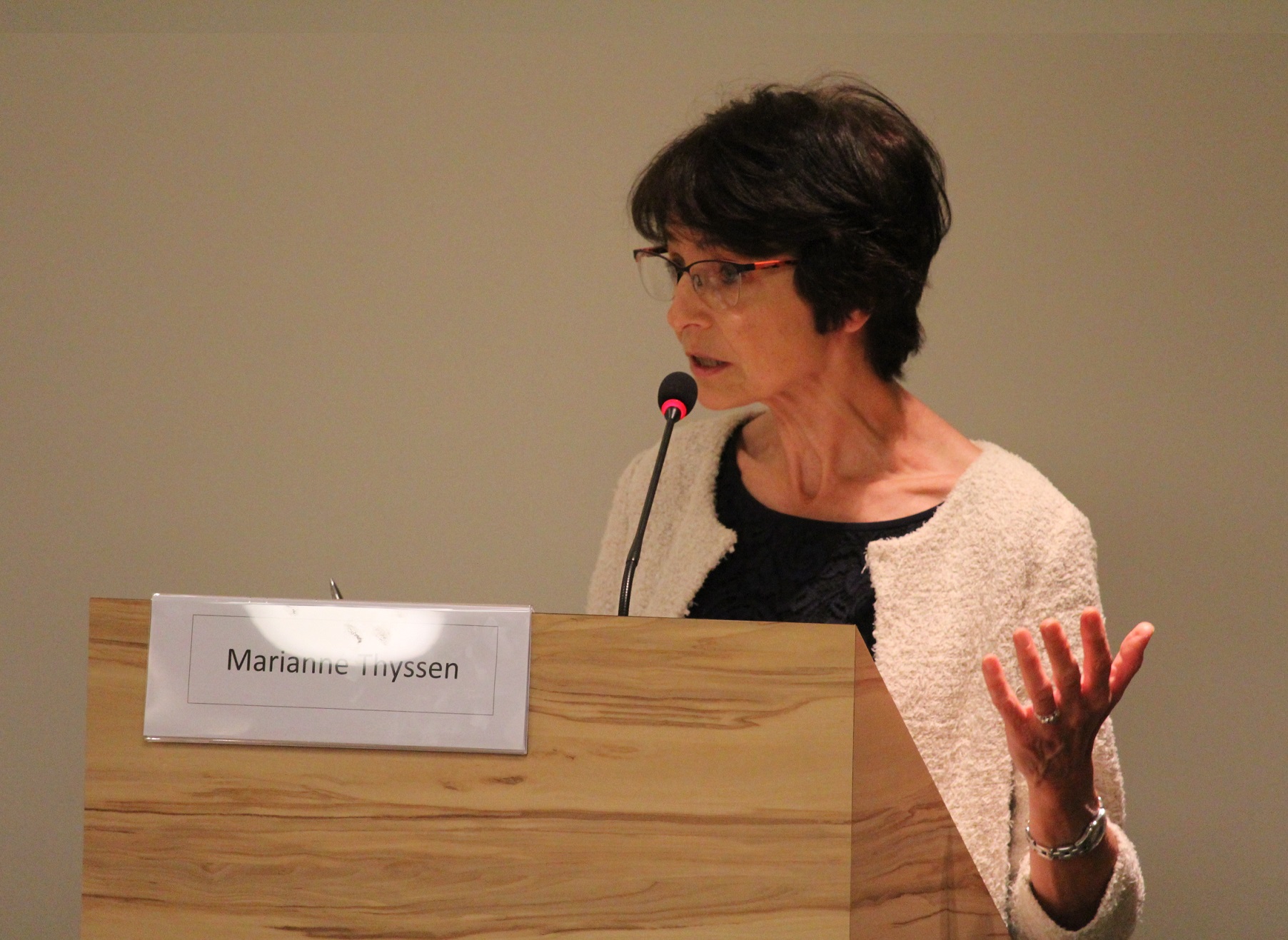
Welcoming remarks by Andrew Bradley, Director and Head of the Office of International IDEA to the European Union (left); Keynote address by Marianne Thyssen, European Commissioner for Employment, Social Affairs, Skills and Labour Mobility (right). Photo: European Seniors´ Union
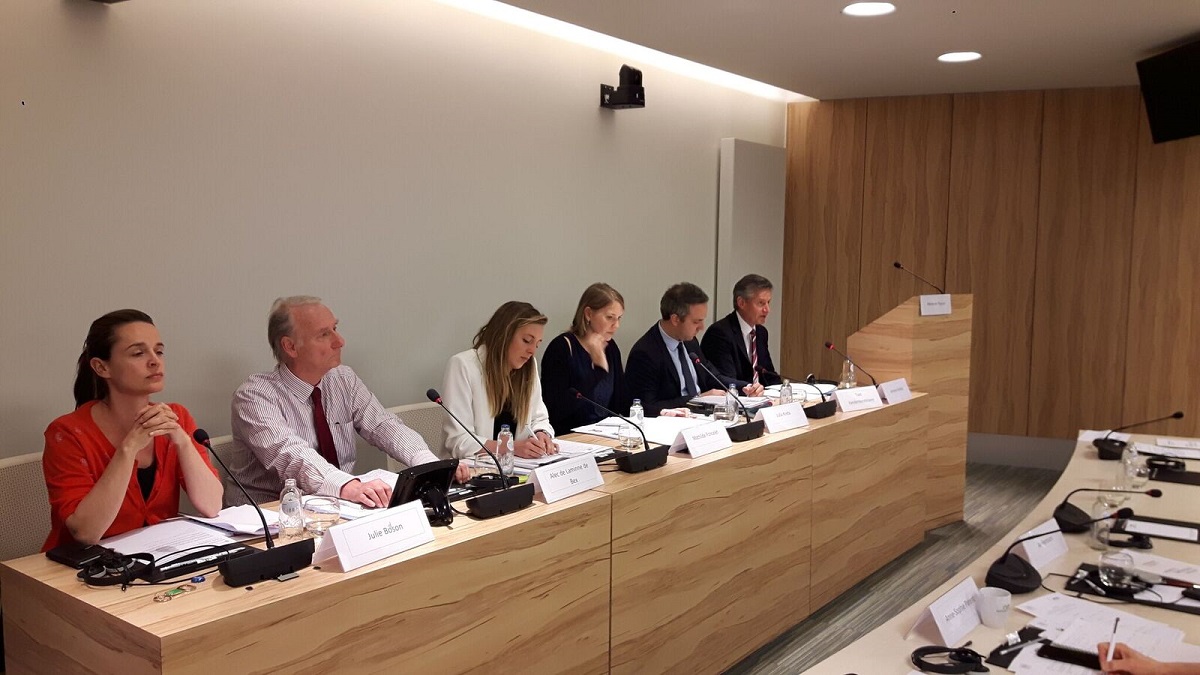
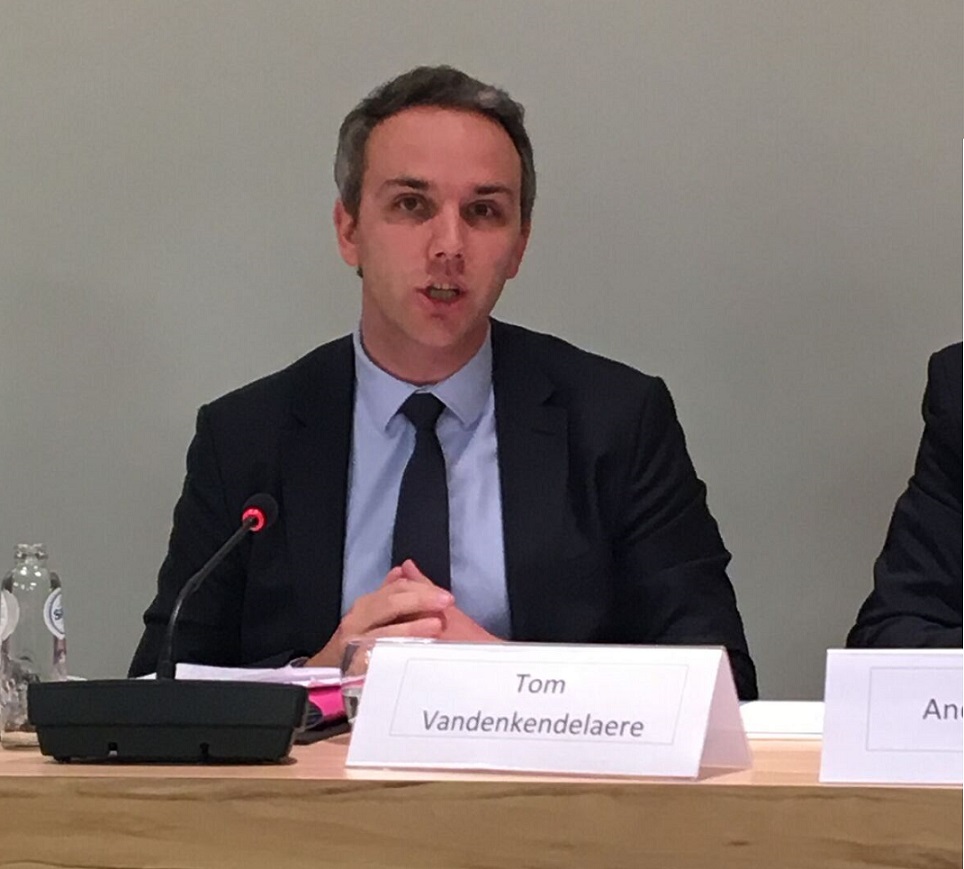
Panelists from left to right: Ms Julie Bodson, Mr Alec de Laminne de Bex, Ms Mathilde Poncelet, Ms Julia Krebs, Mr Tom Vandenkendelaere and Mr Andrew Bradley (left); Tom Vandenkendelaere, Member of the European Parliament (right). Photo: Gosia Calabro / Marilyn Neven, International IDEA.
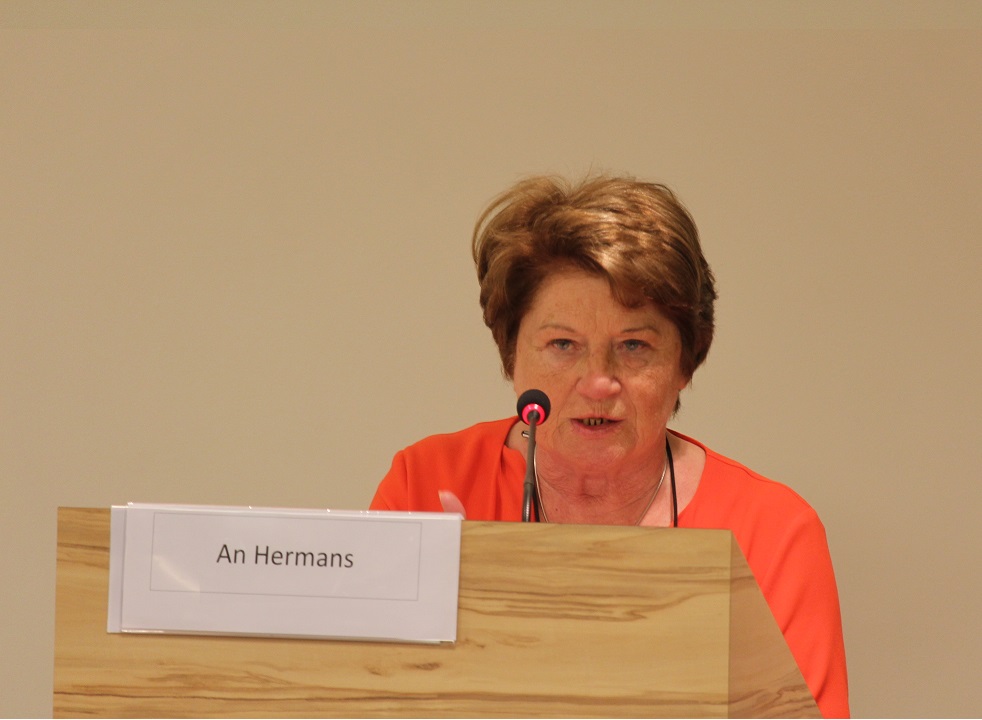
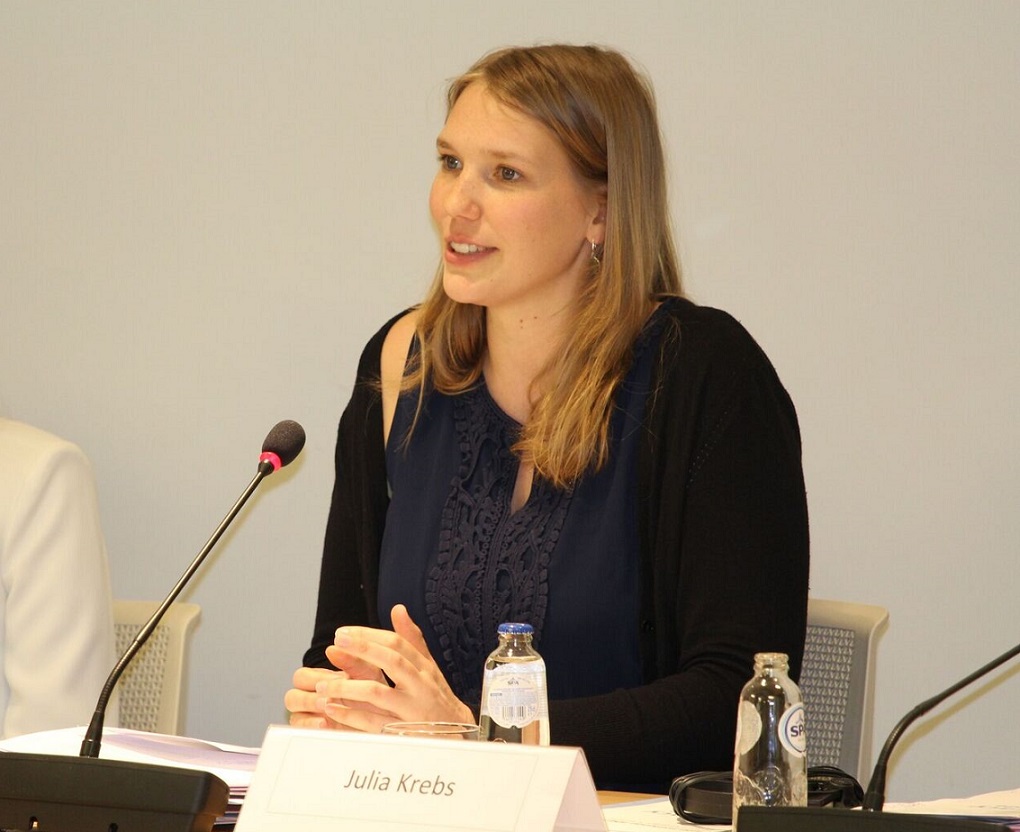
An Hermans, President of the European Seniors’ Union (left); Julia Krebs, Member of the European Student´s Forum (AEGEE Europe) (right). Photo credit: European Seniors´ Union
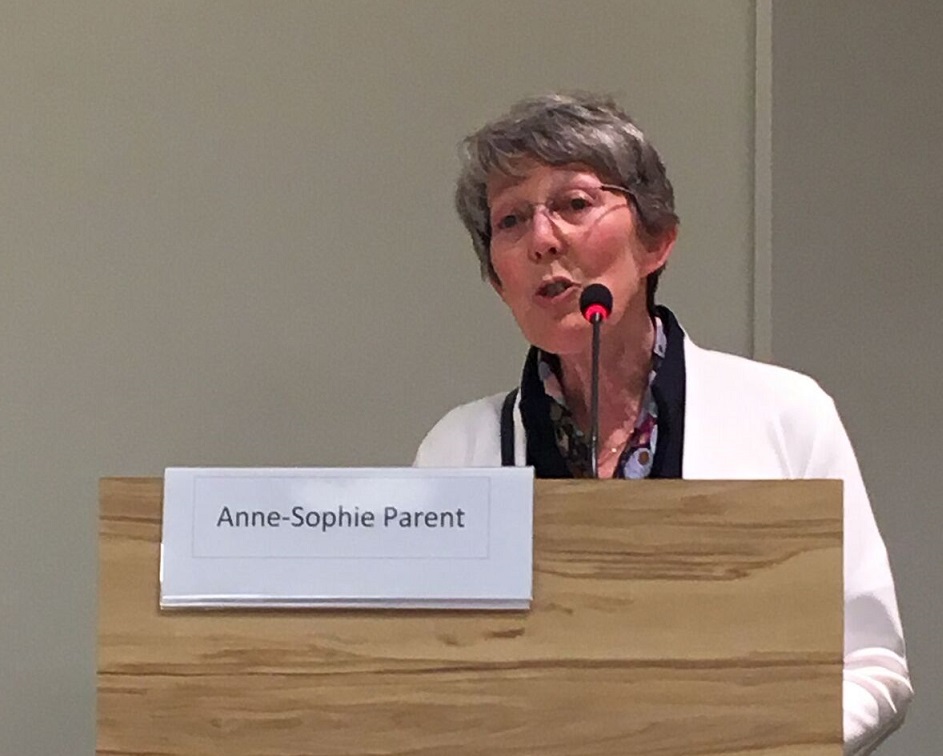
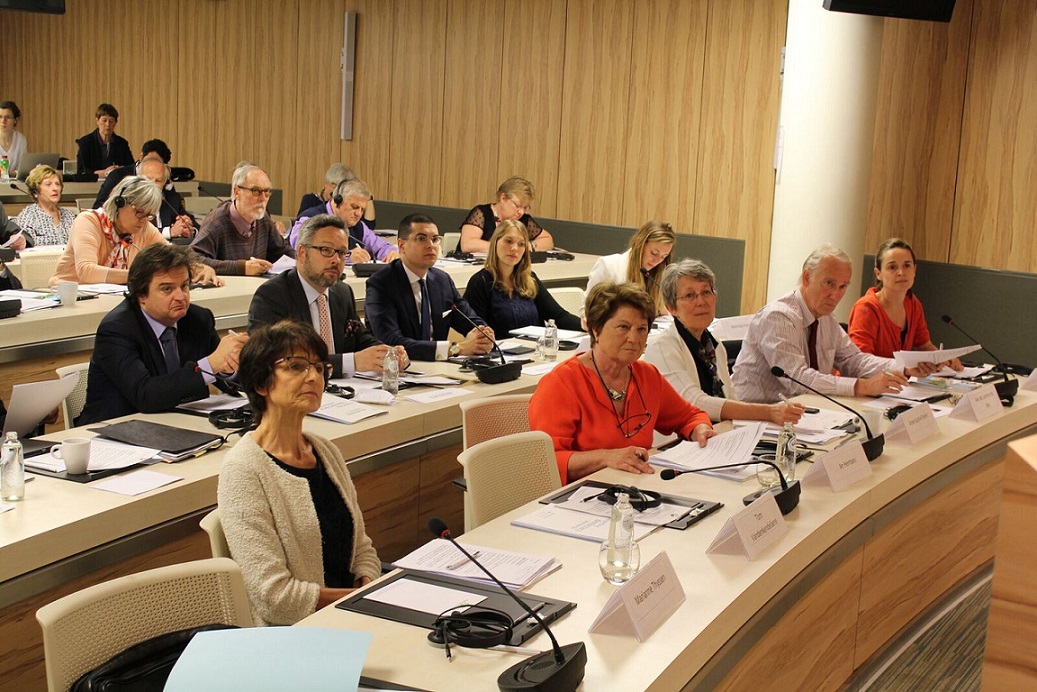
Ms Anne-Sophie Parent, Secretary-General of AGE Platform Europe (left). Photo: Marilyn Neven /European Seniors´ Union.
